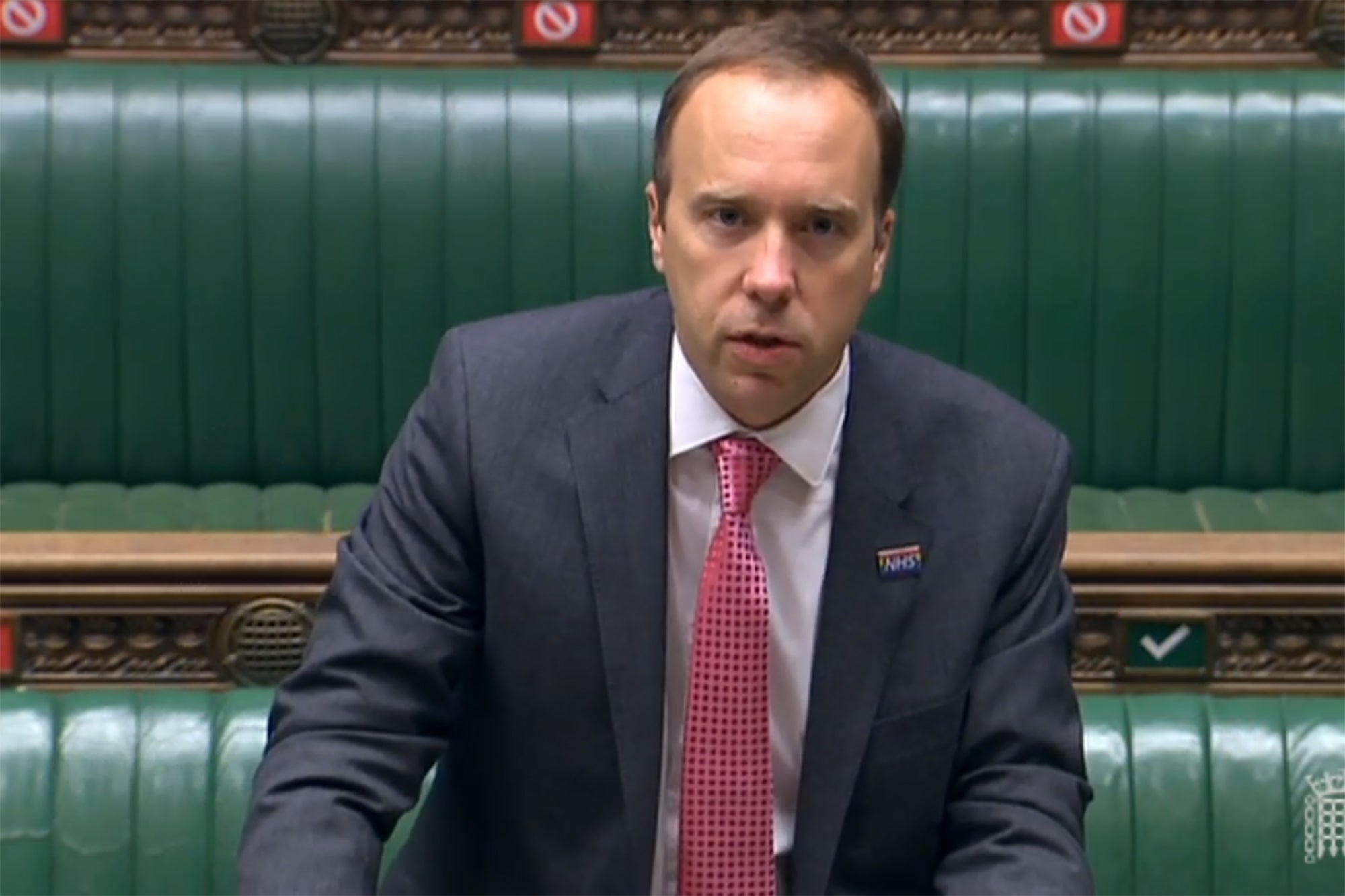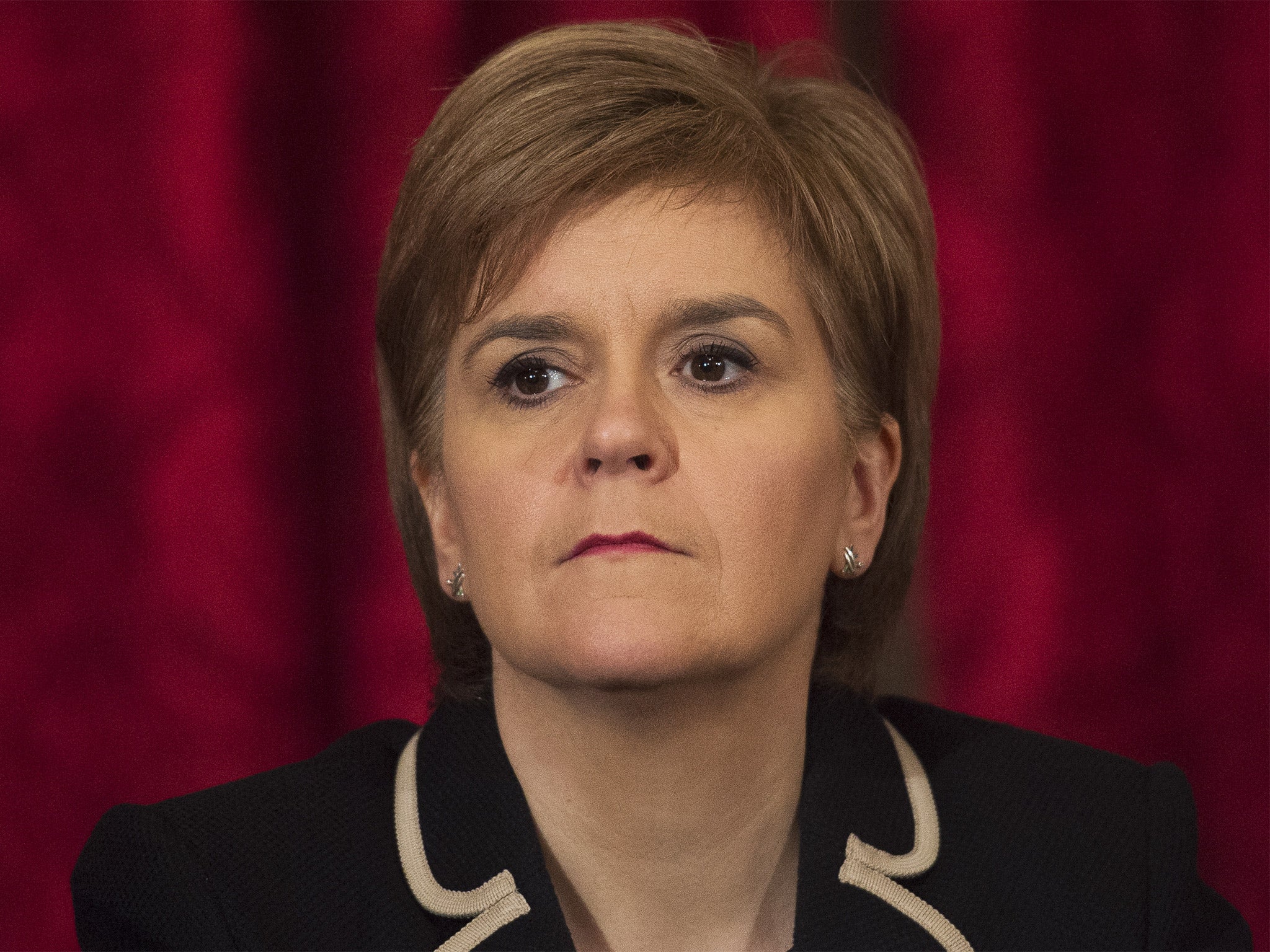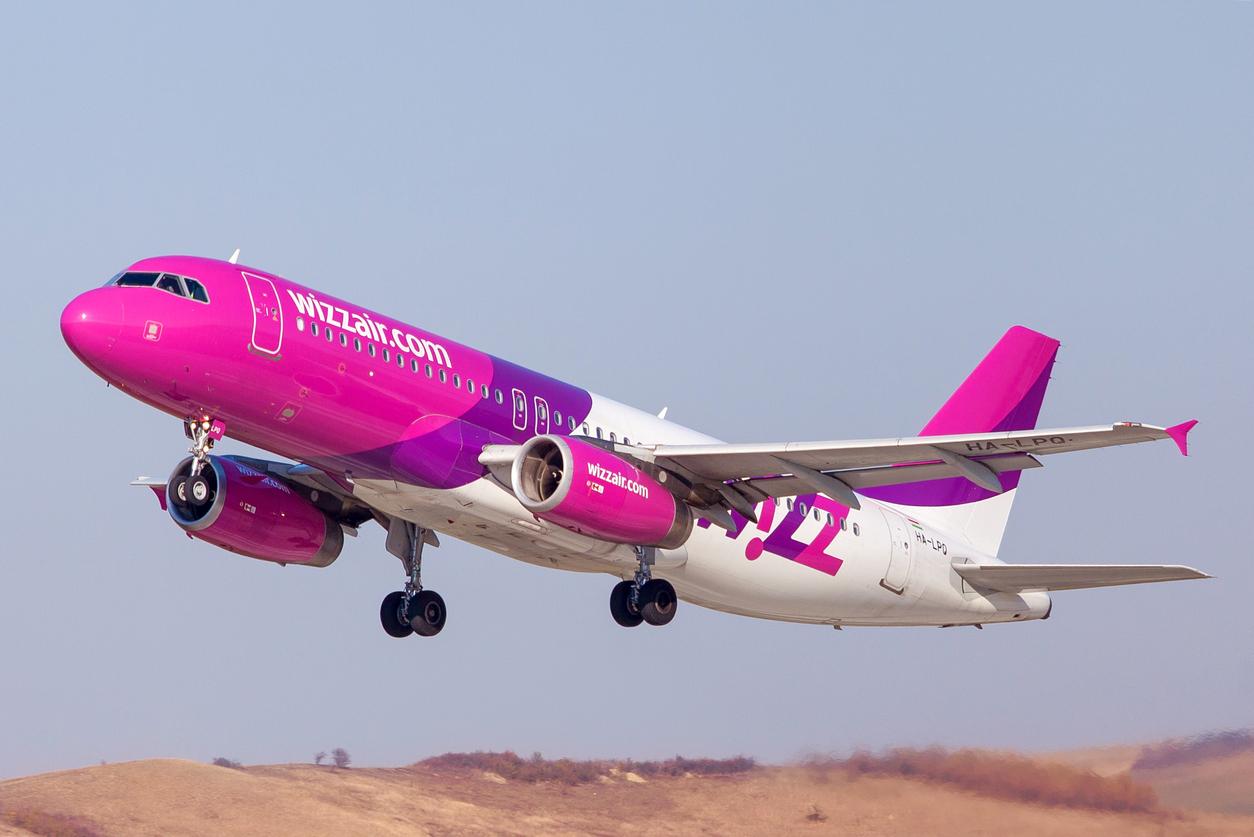Coronavirus news - live: Mainland Portugal added to quarantine list and England sees highest weekly case rise since May
Follow all the latest updates and statistics on the pandemic
Your support helps us to tell the story
From reproductive rights to climate change to Big Tech, The Independent is on the ground when the story is developing. Whether it's investigating the financials of Elon Musk's pro-Trump PAC or producing our latest documentary, 'The A Word', which shines a light on the American women fighting for reproductive rights, we know how important it is to parse out the facts from the messaging.
At such a critical moment in US history, we need reporters on the ground. Your donation allows us to keep sending journalists to speak to both sides of the story.
The Independent is trusted by Americans across the entire political spectrum. And unlike many other quality news outlets, we choose not to lock Americans out of our reporting and analysis with paywalls. We believe quality journalism should be available to everyone, paid for by those who can afford it.
Your support makes all the difference.Travellers returning to England from mainland Portugal must self-isolate for 14 days if they arrive after 4am on Saturday, Grant Shapps has said.
It came after the number of weekly coronavirus cases in England rose by 43 per cent, according to government data, in the highest weekly figure since the end of May.
In total 9,864 new infections were reported in the seven days up 2 September. Positive cases have been increasing since the start of July and are now 12 per cent higher than the number recorded when Test and Trace first launched.
Tory MP says government must get a ‘grip’ of testing and should not blame public
A senior Conservative has urged Matt Hancock to get a “grip” of testing capacity issues in England and said it was wrong to blame asymptomatic people attempting to get tests, Ashley Cowburn reports.
Speaking in the Commons the former Tory cabinet minister Greg Clark said: “It’s no good blaming people who are asymptomatic. I’d be interested if the secretary of state could say what percentage of people are turning up for testing that don’t have symptoms.
“I think this needs his personal grip. This is an urgent matter it needs grip before the autumn bites — will he commit by the end of the month to make sure anyone who has symptoms of Covid can get a test at a reasonable place convenient to them?”

Tory MP says government must 'get a grip' of coronavirus testing
‘This is an urgent matter, it needs a grip before the autumn bites’
Scotland to limit gatherings to group of six
Introducing a limit on indoor and outdoor gatherings of more than six people from two different households, Nicola Sturgeon said rising cases meant it was "the only responsible decision we can reach".
"To help reduce transmission - but also simplify the rules as much as possible - this new limit will apply both indoors, in houses, in pubs and restaurants, and also outdoors including in private gardens," Scotland’s first minister said.
There will be some "limited exceptions" for organised sports and places of worship, while any children under 12 who are part of two households meeting up would not count towards the limit of six people.
“Lastly, given the importance of these life events and the distress caused by not being able to mark them, we intend to allow a limited exception for funerals, weddings and civil partnerships,” Ms Sturgeon added.
"Already, up to 20 people can attend ceremonies for these occasions. We intend to retain that limit for now."
Ms Sturgeon said she was asking people to follow the new rules on gatherings immediately, but said the regulations that would give them legal force would come into effect from Monday.
Matt Hancock considering ‘strong eligibility check’ for coronavirus testing
“There's record testing capacity and most people get tested close to home, however, we have got this challenge that some people without symptoms who are not eligible for a test have been coming forward,” the health secretary told MPs.
"Thus far I have been reluctant to put a barrier and a strong eligibility check on the front of the testing system because I want people with symptoms to be able to get tests as fast and as easily as possible.
"However, with this very sharp rise we've seen in the last couple of weeks of people coming forward for tests when they're not eligible, that is something we're having to look at."
Tory MP Laura Farris later asked: "If there is a reluctance to impose more stringent eligibility criteria, would he consider an order of priority based on, for example, working parents, teachers being able to access tests sooner?"
Mr Hancock replied: "She makes a very good point about the prioritisation, and the question is how to enforce a prioritisation without putting in place barriers that slow down access to tests for people that need them - and that's something we're looking at now."
Tory MP questions whether social distancing measures more harmful than coronavirus
Sir Desmond Swayne said in the Commons: "Is there no scintilla of doubt in [Matt Hancock's] mind occasioned by the growing body of scientific opinion which questions the interpretation of the data and concludes that the policies of governments, I use the plural, the policies of governments are having an impact worse than the disease itself?
Mr Hancock replied: "I'm afraid to say I would love [Sir Desmond] to be right, but I firmly believe, not only based on the clinical advice, but also based on my own analysis of and judgment of the facts and the international comparisons, that it is necessary for the public health of the nation to take actions to control the spread of the disease. And to take the firm and now legislative actions that we are.
"And the reason is that if the virus spreads, we know that it then spreads into the older age group who too often die from this disease and we also know that it doesn't just go up in a straight line, if you let this disease rip, it goes up exponentially.
"And that is why, with a heavy heart, I strongly support the extra measures that the prime minister outlined yesterday and the strategy of this government and of most governments around the world to handle this pandemic."
Half of adults determined to change the way they live
Half of adults are determined to change the way they live as a consequence of Covid-19 — by developing closer bonds with neighbours, supporting small businesses and giving to those less fortunate.
A study of 2,000 Britons found 56 per cent are re-evaluating everything about their lives, with 47 per cent consciously choosing to value the smaller things in life.

More than half of adults to change their lifestyle amid pandemic, poll finds
Just under half of those questioned are choosing to value the smaller things in life
School shuts in Spain's Basque Country after teachers test positive
Authorities in Spain's Basque Country region say they have shut down a primary school after several teachers tested positive for Covid-19, the first to be closed entirely in the week classrooms reopened across the country after a six-month shutdown.
Education minister Isabel Celaa downplayed criticism that health and safety plans were left to the last minute, saying the reopening had gone very well with cases detected only in a few dozen places.
"We have 28,600 schools...and as of yesterday we had incidents in 53," she told state broadcaster TVE. "This means that school management and administrative staff have done a spectacular job."
A handful of individual classes had been sent home and small groups of teachers quarantined earlier this week, but the Zaldibar primary school in the Basque Country was closed entirely.
A spokeswoman for the regional government could not confirm how many teachers had tested positive or for how long they expected the school to remain closed. All staff will be tested.
"For the time being, the epidemiological study seems to indicate that the infections have occurred outside the school context," the regional government said in a statement.
Family gatherings will be easier in Scotland than in England after Nicola Sturgeon announced that children under 12 will be exempt from the “rule of six” north of the border, reports Andrew Woodcock.
The decision may impact on the scale of Christmas celebrations in Scotland if the new regulations are kept in place for that long, as many fear.
Boris Johnson announced yesterday that a new legal limit of six will be enforced from Monday, in response to a sharp rise in coronavirus infections, on the number of people from two different households in England allowed to meet up whether inside or outside.

Children under 12 to be exempt from 'rule of six' restriction in Scotland
New restrictions on size of social gatherings may make Christmas celebrations easier north of the border
‘Far from leading the world, the UK is lagging behind’: Theresa May urges government to allow airport testing
The former prime minister pleaded with No 10 to give airports permission to test passengers for Covid-19, as she warned MPs against thinking that protecting public health and protecting the economy are "either-or" situation.
“I'm certain that testing has to be the way forward in the foreseeable future, but at the moment airports aren't even permitted to trial tests on passengers,” Ms May told the Commons.
"I think this is an incredibly important point - far from leading the world, the UK is lagging behind."
Ms May said her message to Downing Street and the Department of Health was that "if you want to get the economy moving, get planes flying again … give our airports permission to trial tests.
"Stop the UK dragging its feet, let's lead the world and set the standard to restore world travel and world trade."
She added: "Sadly, there are those who say that if you want to promote testing and therefore reduce quarantine and increase the number of flights, you're putting public health at risk and putting the economy first.
"This is not an either-or situation. It is about assessing the proportionate risks. It's about mitigating the risk of people coming into the UK with the virus, while at the same time reducing the risk of a damaging impact on the economy."
Families split up on flights despite pandemic
Airlines are continuing to split up families and members of the same household on flights unless they pay more to sit together, reports Helen Coffey.
Despite the pandemic, passengers have complained that the controversial policy, whereby those who refuse to pay for allocated seating are placed apart from the other people on their booking, is still being enforced by low-cost carriers.

Airlines continue to split up households and families on flights despite pandemic
‘It completely ruined the end of what had been an amazing holiday,’ says traveller
$700m raised for Covid-19 vaccines initiative for poor
International donors have raised $700m (about £540m) - less than half the target - to purchase future coronavirus vaccines for poor countries in a global initiative to ensure eventual vaccines do not go only to rich countries, a World Health Organisation official has revealed.
The COVAX Advanced Market Commitment has an initial target of $2 billion to buy the vaccines.
"Up to today, what has been mobilised so far is $700 million ... So there is a great deal of work to be done to diversify the possible sources of funding," Matshidiso Moeti, Africa regional director for WHO, told an online press briefing.
COVAX is co-led by the GAVI Vaccine Alliance, the WHO and the CEPI Coalition for Epidemic Preparedness Innovations. Its aim is to deliver 2 billion doses of effective, approved Covid-19 vaccines by the end of 2021.
At least eight African countries, including South Africa, Gabon, Namibia and Equatorial Guinea had agreed to self-finance access to the vaccine, Dr Moeti said.
The Africa Centres for Disease Control and Prevention said last month the continent had started to slowly "bend the curve" of COVID-19 infections as measures like mask-wearing and social distancing slow the spread of the pandemic.

Join our commenting forum
Join thought-provoking conversations, follow other Independent readers and see their replies
Comments